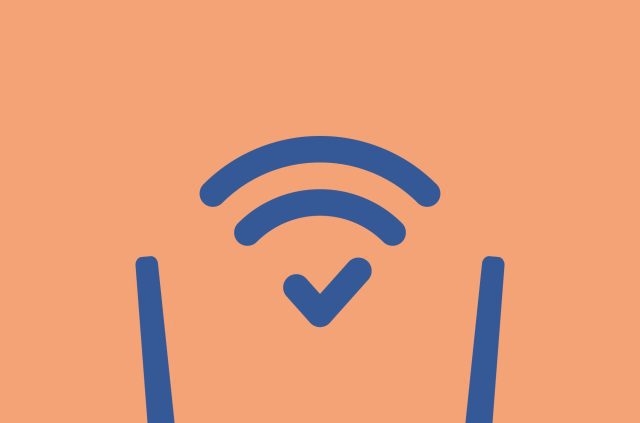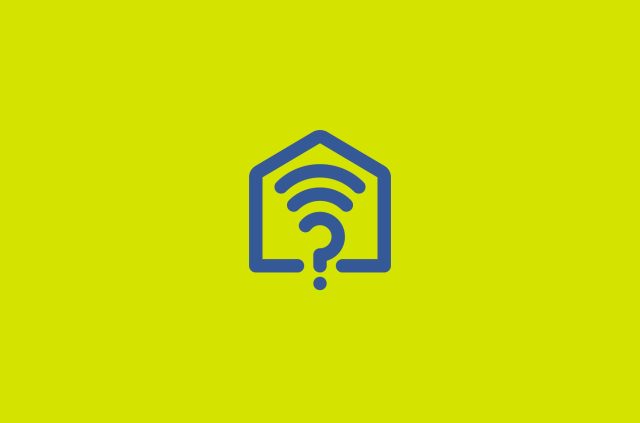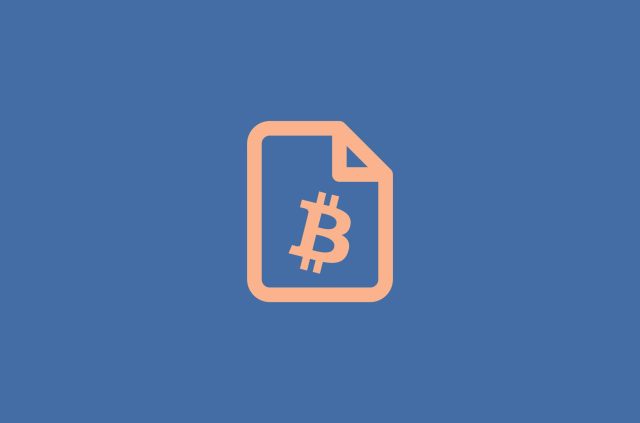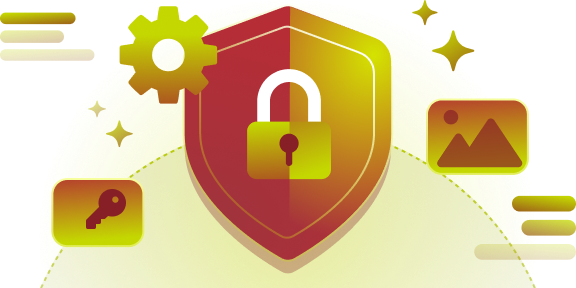-

A VPN on your router protects all your home devices
If you’re already using a VPN, you’ll know it comes with many benefits, from keeping your online activity private to helping you safely stream all your favorite shows on any network and gain unres...
-

What is the Internet of Things?
The Internet of Things (IoT) contains everything that connects to the internet. It describes the internet-able nature of modern physical devices, vehicles, and buildings. You may also have heard of Io...
-

All in your head: Creating a Bitcoin ‘brainwallet’ with Diceware
One way to store Bitcoin is in your head. You do this by remembering a list of words—a method called brainwallet. The words need to be random and secure, which can be achieved using Diceware. In suc...
-

Venmo, Cash App, and PayPal scams: How to stay safe
Nothing ruins a quick money transfer like falling for a scam. With millions of people using Venmo for everyday payments, scammers are always looking for new ways to steal money and personal informatio...
-

What is Clubhouse, and is it private?
Clubhouse, the invite-only chat app, has taken the social media world by storm. It got a big boost thanks to Tesla CEO Elon Musk, who tweeted on January 31 that he would be making an appearance on the...
-

Free cybersecurity courses for protection and education
Cybersecurity can be a daunting subject to broach. With so many avenues to explore, it’s hard to know where to begin. Whether you’re looking for an introduction on the subject or looking to furthe...
-

Bitcoin paper wallets: Taking your Bitcoin security offline
While we generally say we are worried about hacks and data theft, there is often little we can do, as our data is stored by third parties on remote servers, outside our reach. In many cases, a hack of...
-

How to survive an internet shutdown
Internet freedoms have been declining for a decade now, according to reports by Freedom House. Internet shutdowns in particular have been one strategy that we’ve seen frequently in recent years. Wi...
-

Free cyber safety resources for kids
Today is Safer Internet Day, an initiative started by the EU SafeBorders project in 2004 that promotes a safer, more positive internet experience, especially for children. The day has grown to become ...
-

How to declutter your phone: Step-by-step guide
It’s no secret that the cleanliness of your working environment can have a big impact on your productivity. If we’ve learned anything from Marie Kondo in the past few years it’s that tidying and...
Tips & tricks




